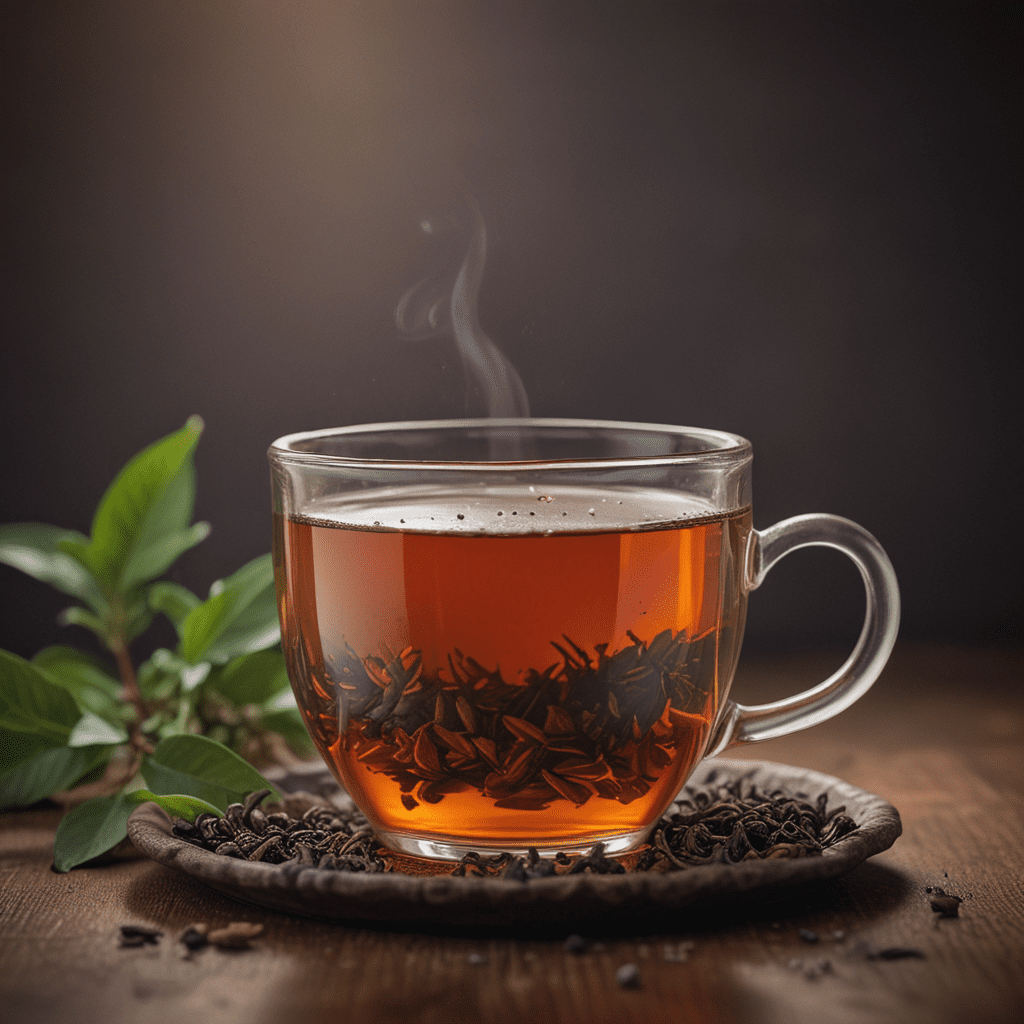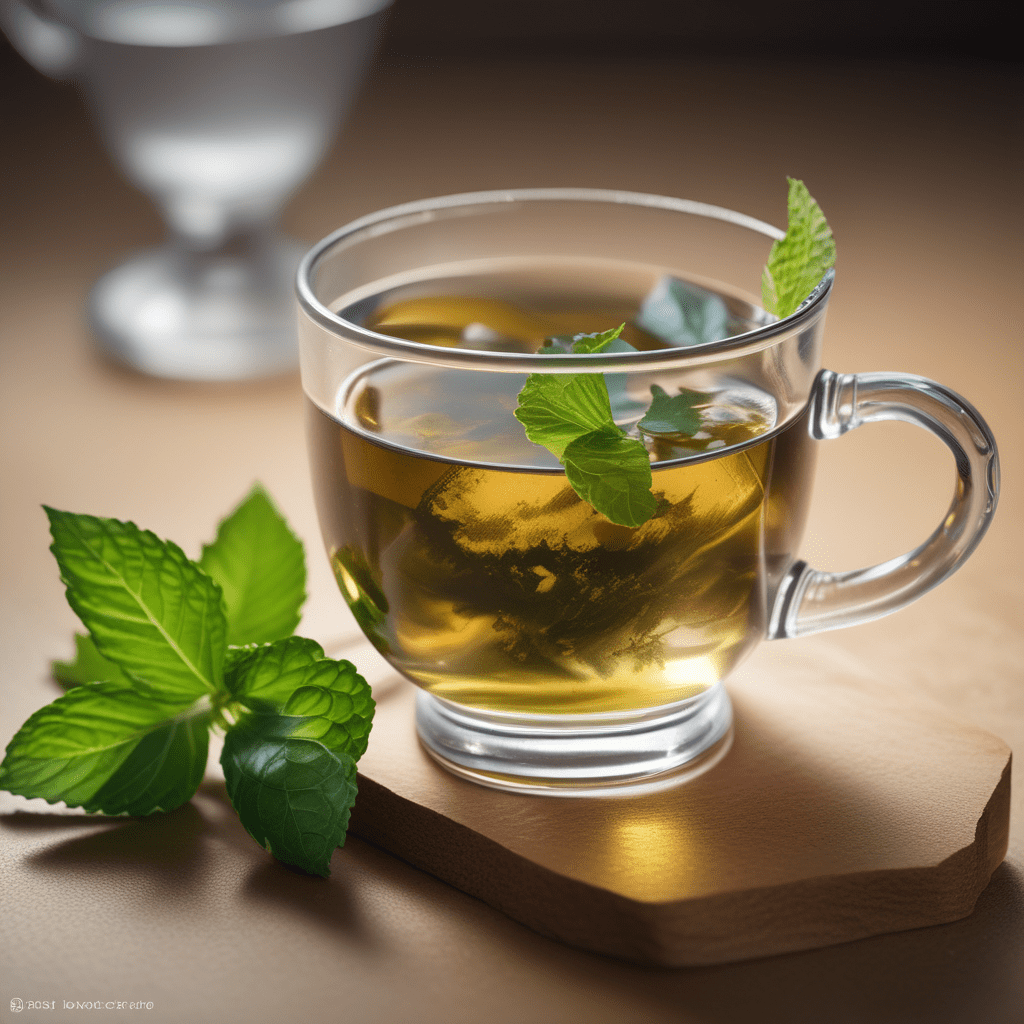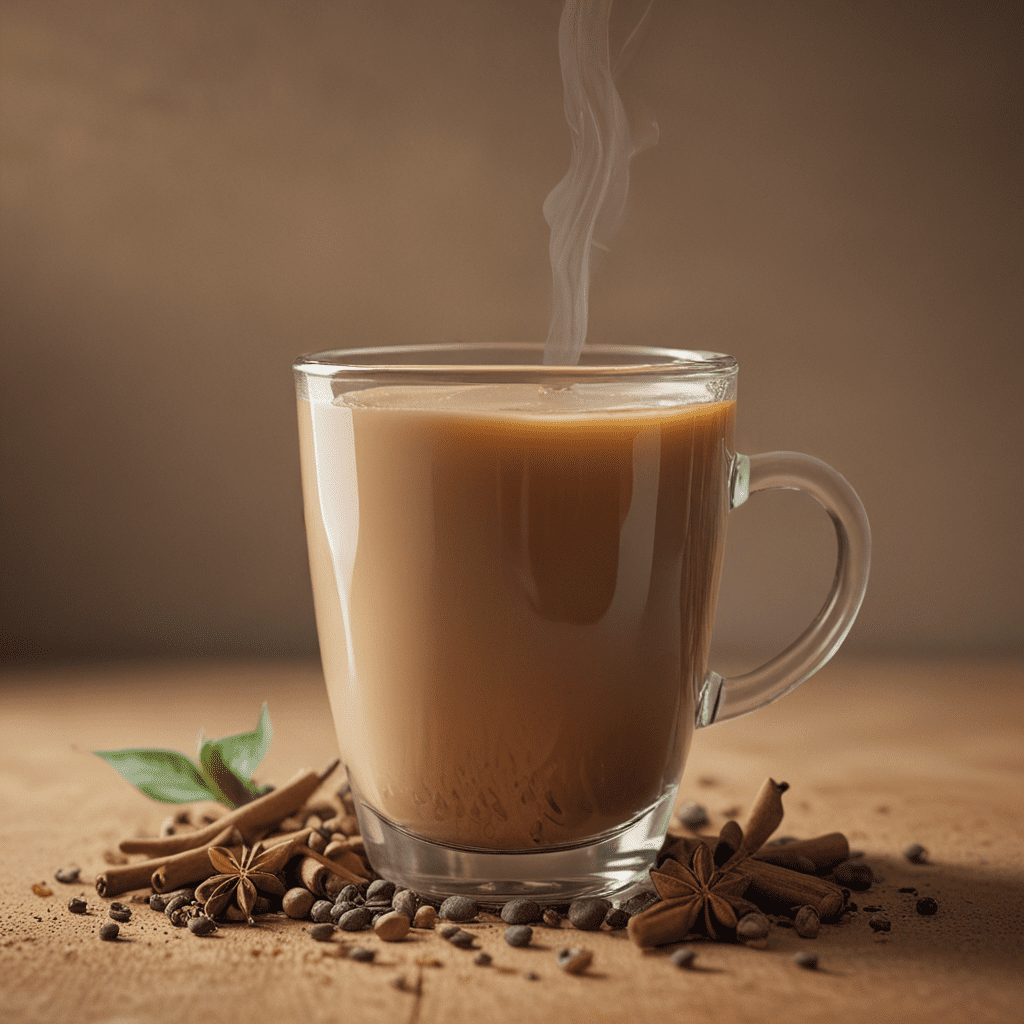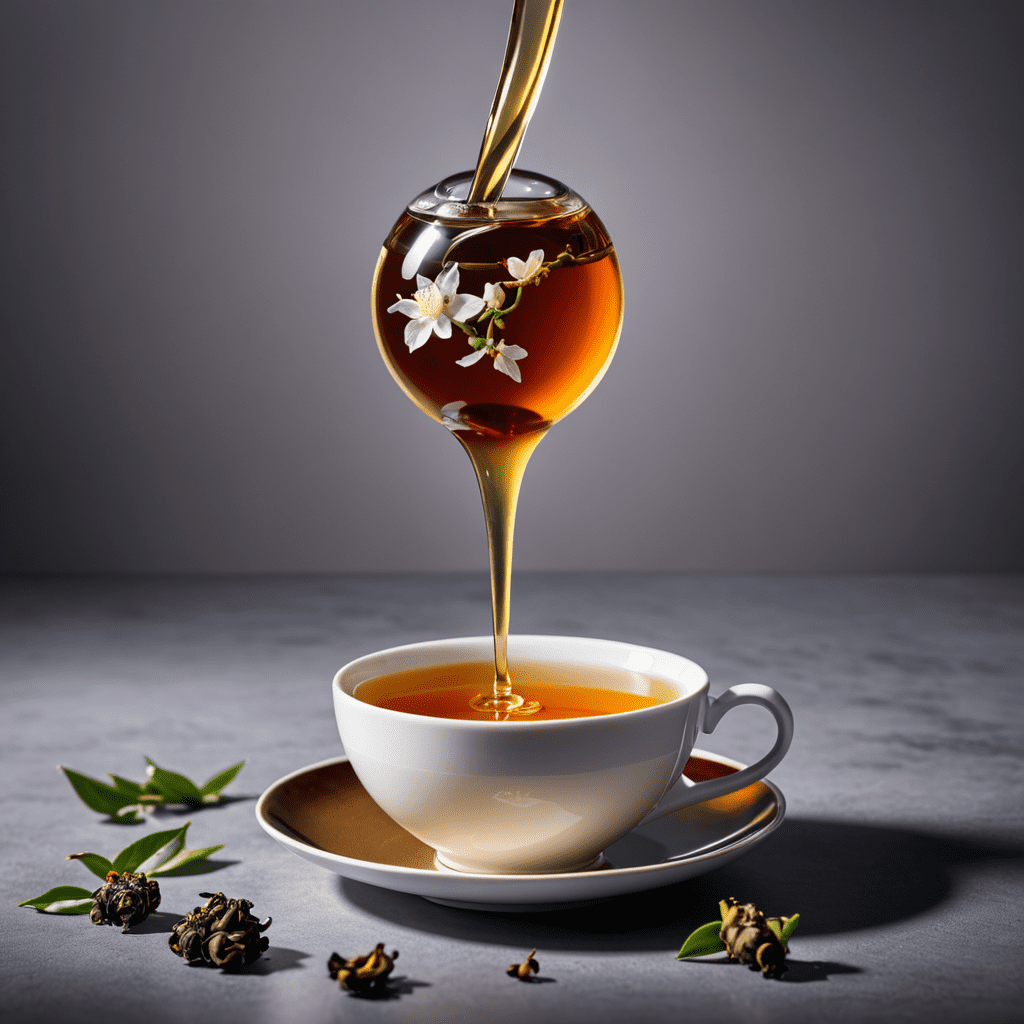
1. Introduction to Assam Tea: The Epitome of Elegance
Assam tea, hailing from the lush green valleys of Assam, India, stands out as a paragon of elegance, captivating tea connoisseurs worldwide with its exquisite flavor and rich history. Each sip of this exceptional tea unveils a captivating symphony of aromas and flavors, leaving an indelible mark on the palate. Assam tea embodies the perfect balance of strength and subtlety, making it a truly remarkable beverage.
2. Historical Roots: The Ancient Origins of Assam Tea
The history of Assam tea dates back centuries, with its origins veiled in the mists of time. Legend has it that tea plants were first discovered growing wild in the forests of Assam by a local tribe. Word of this discovery spread like wildfire, and soon the British East India Company recognized the immense potential of this remarkable tea. In the mid-19th century, the British began commercial production of Assam tea, marking the dawn of a new era in the global tea trade.
3. Geographical Marvel: The Fertile Soil of Assam
Assam's unique geographical location plays a pivotal role in shaping the exceptional qualities of its tea. Nestled in the northeastern region of India, Assam is blessed with an abundance of fertile soil, rich in organic matter and minerals. The Brahmaputra River, a mighty waterway that flows through the heart of Assam, provides a constant source of irrigation, ensuring the tea plants thrive in this idyllic environment. The combination of fertile soil and abundant water creates the perfect foundation for the cultivation of exquisite tea.
4. Exceptional Terroir: The Unique Climate of Assam
The climate of Assam is another crucial factor that contributes to the distinctive characteristics of its tea. The region experiences a tropical monsoon climate, characterized by abundant rainfall and high humidity. These conditions foster the growth of lush tea leaves, rich in antioxidants and other beneficial compounds. The interplay of warm temperatures and ample moisture creates an ideal terroir, allowing the tea plants to flourish and produce teas of unparalleled quality.
5. Diverse Varieties: Exploring the Range of Assam Teas
Assam tea encompasses a diverse range of varieties, each with its own unique flavor profile and characteristics. Some of the most popular varieties include:
- Assam Orthodox: A traditional black tea known for its full-bodied flavor and malty notes.
- Assam CTC: A black tea produced using the crush, tear, and curl method, resulting in a strong and brisk brew.
- Assam Green Tea: A delicate and refreshing green tea with a vegetal aroma and slightly sweet aftertaste.
- Assam White Tea: A rare and exquisite tea made from young, unopened tea leaves, offering a subtle and floral flavor.
6. Health Benefits: Unlocking the Medicinal Properties of Assam Tea
Assam tea is not only a delightful beverage but also a treasure trove of health-promoting compounds. It contains a wealth of antioxidants, including flavonoids and catechins, which have been linked to numerous health benefits. Studies suggest that regular consumption of Assam tea may help reduce the risk of chronic diseases such as heart disease, stroke, and certain types of cancer. It is also believed to boost the immune system, improve cognitive function, and promote overall well-being.
7. Culinary Delights: Exploring the Flavors and Pairings of Assam Tea
Assam tea offers a diverse range of flavors, from bold and malty to delicate and floral. The strong and robust character of Assam black tea pairs well with milk and sugar, making it a popular choice for breakfast or afternoon tea. Its earthy notes complement sweet pastries and desserts, creating a harmonious balance of flavors. Assam green tea, on the other hand, is more delicate and refreshing, making it an excellent choice for pairing with light meals and salads. Its subtle vegetal notes enhance the flavors of fresh fruits and vegetables, creating a delightful culinary experience.
8. Traditional Brewing Methods: The Art of Perfecting the Assam Tea Experience
To fully appreciate the exquisite flavors of Assam tea, it is essential to brew it using the traditional method. The most common method involves using a teapot or gaiwan. First, warm the teapot by rinsing it with hot water. Then, add approximately 2 teaspoons of tea leaves for every 8 ounces of water. Pour hot water over the tea leaves and let it steep for 3-5 minutes. The steeping time may vary depending on the desired strength of the tea. Once brewed, strain the tea into cups and savor its rich aroma and exceptional taste.
9. Modern Adaptations: Unlocking Assam Tea’s Versatility
While traditional brewing methods remain popular, modern adaptations have emerged to cater to contemporary lifestyles. Assam tea can be conveniently prepared using tea bags or infusers, making it easy to enjoy a cup of tea anywhere, anytime. Cold brewing is another popular method, which involves steeping tea leaves in cold water for an extended period. This method produces a smooth and refreshing tea with lower caffeine content, making it an excellent choice for evening consumption.
10. Concluding Remarks: The Enduring Legacy of Assam Tea
Assam tea stands as a testament to the rich cultural heritage of India. Its exceptional flavor, diverse varieties, and numerous health benefits have made it a beloved beverage around the world. Whether enjoyed traditionally or adapted to modern lifestyles, Assam tea continues to captivate tea enthusiasts with its timeless elegance and enduring appeal. Its legacy as the epitome of sophistication and indulgence is sure to endure for generations to come.
FAQ
What is the best way to store Assam tea?
Store Assam tea in an airtight container in a cool, dry place away from direct sunlight. This will help preserve its freshness and flavor.How long can Assam tea be stored?
Properly stored Assam tea can retain its quality for up to 2 years. However, it is recommended to consume it within 6 months for optimal freshness and flavor.Can I add sugar or milk to Assam tea?
Yes, you can add sugar or milk to Assam tea according to your preference. Assam black tea pairs well with milk and sugar, while Assam green tea is best enjoyed without additions.
What is the caffeine content of Assam tea?
Assam tea generally has a moderate to high caffeine content, ranging from 30 to 60 milligrams per 8-ounce cup.Can I drink Assam tea at night?
While Assam tea contains caffeine, the amount varies depending on the brewing method. Cold-brewed Assam tea has a lower caffeine content and can be enjoyed in the evening.


